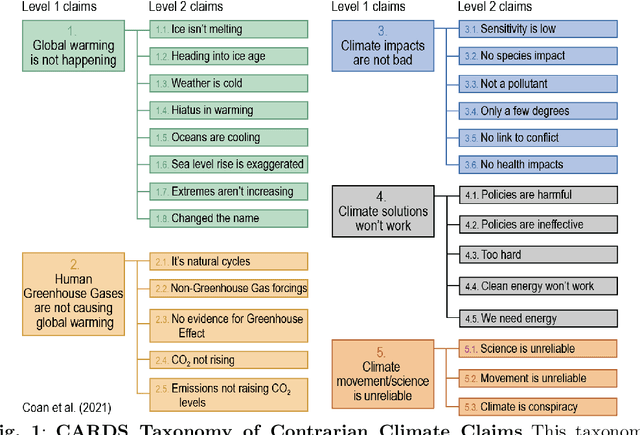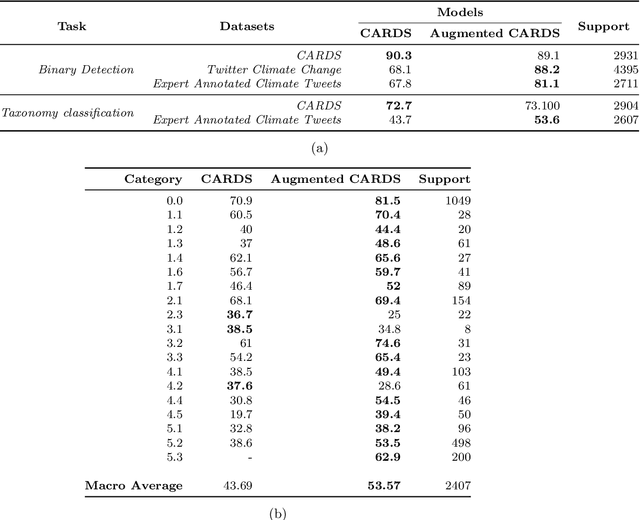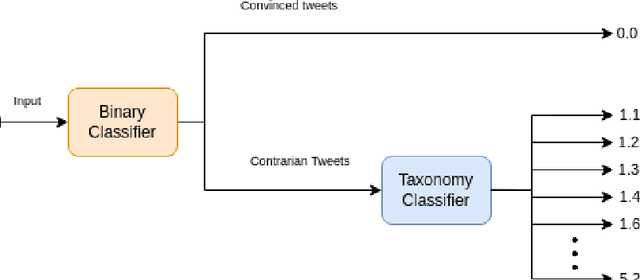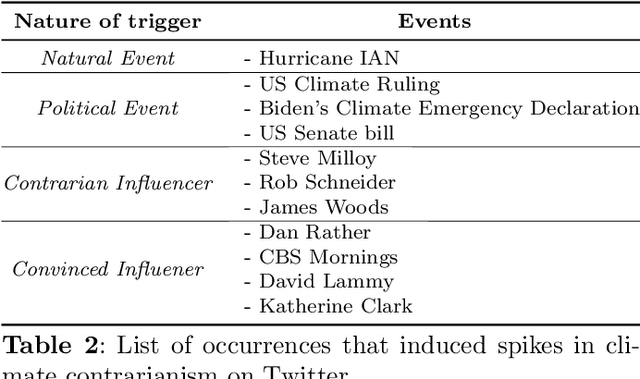Cristian Rojas
Slow Convergence of Interacting Kalman Filters in Word-of-Mouth Social Learning
Oct 11, 2024
Abstract:We consider word-of-mouth social learning involving $m$ Kalman filter agents that operate sequentially. The first Kalman filter receives the raw observations, while each subsequent Kalman filter receives a noisy measurement of the conditional mean of the previous Kalman filter. The prior is updated by the $m$-th Kalman filter. When $m=2$, and the observations are noisy measurements of a Gaussian random variable, the covariance goes to zero as $k^{-1/3}$ for $k$ observations, instead of $O(k^{-1})$ in the standard Kalman filter. In this paper we prove that for $m$ agents, the covariance decreases to zero as $k^{-(2^m-1)}$, i.e, the learning slows down exponentially with the number of agents. We also show that by artificially weighing the prior at each time, the learning rate can be made optimal as $k^{-1}$. The implication is that in word-of-mouth social learning, artificially re-weighing the prior can yield the optimal learning rate.
Augmented CARDS: A machine learning approach to identifying triggers of climate change misinformation on Twitter
Apr 24, 2024



Abstract:Misinformation about climate change poses a significant threat to societal well-being, prompting the urgent need for effective mitigation strategies. However, the rapid proliferation of online misinformation on social media platforms outpaces the ability of fact-checkers to debunk false claims. Automated detection of climate change misinformation offers a promising solution. In this study, we address this gap by developing a two-step hierarchical model, the Augmented CARDS model, specifically designed for detecting contrarian climate claims on Twitter. Furthermore, we apply the Augmented CARDS model to five million climate-themed tweets over a six-month period in 2022. We find that over half of contrarian climate claims on Twitter involve attacks on climate actors or conspiracy theories. Spikes in climate contrarianism coincide with one of four stimuli: political events, natural events, contrarian influencers, or convinced influencers. Implications for automated responses to climate misinformation are discussed.
 Add to Chrome
Add to Chrome Add to Firefox
Add to Firefox Add to Edge
Add to Edge